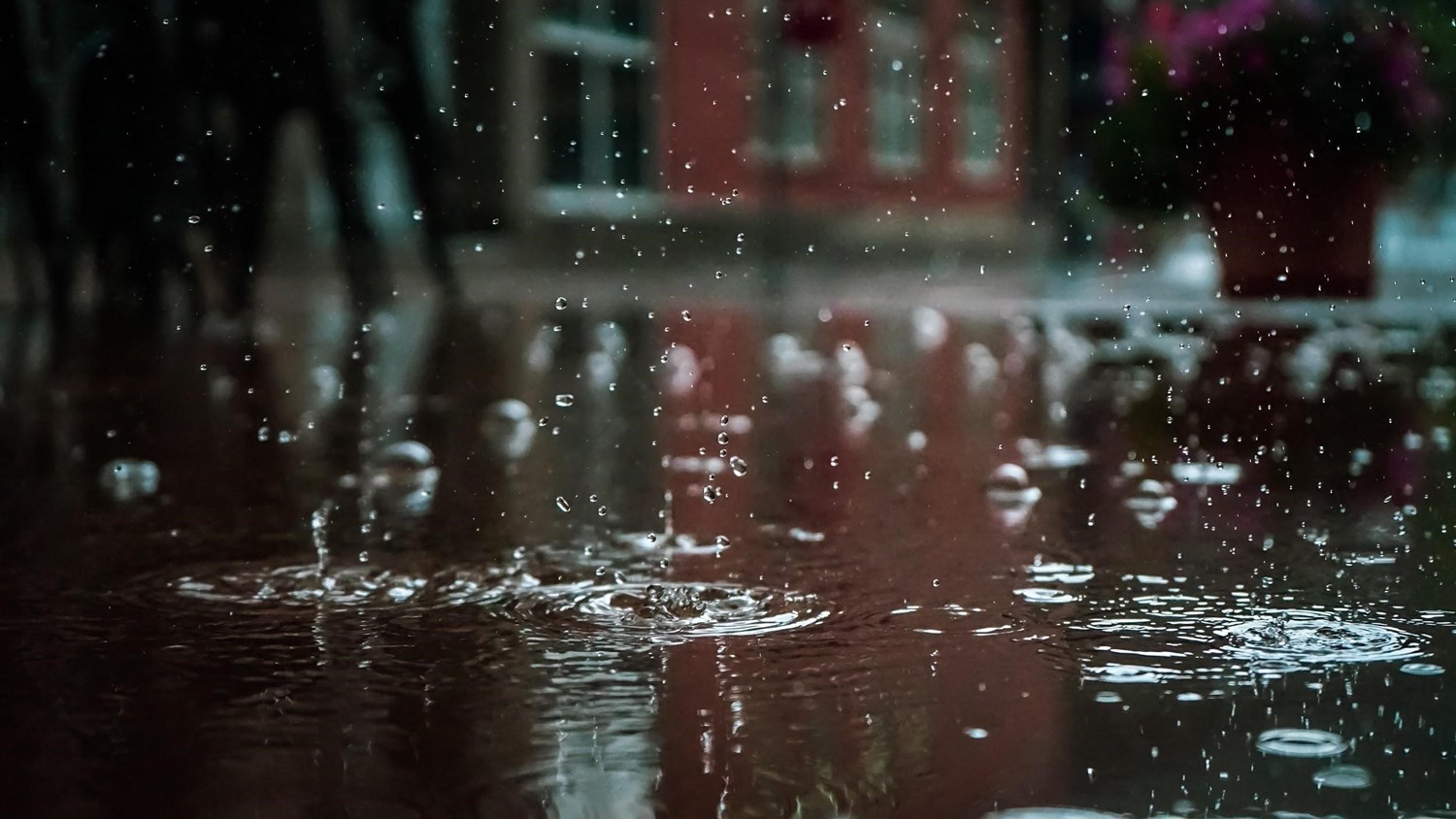Jul 16, 2019

Hurricane season along the Atlantic coast runs from early June until November, with peak activity occurring between August and October. As stormy summer weather intensifies in the DC, Maryland and Virginia area, homeowners need to prepare their homes to face what lies ahead.
Don’t wait until the damage is already done to start thinking about storm preparation. Get ready for the next big storm with our ultimate storm preparation checklist:
Storm Preparation Guide for Homeowners
Power Outages
Install a whole-home generator. Did you know that over 3,000 power outages occur in the U.S. each year? Power outages can last anywhere from a few hours to several weeks and can be caused by a variety of factors, including storms.
Since natural disasters can cause long-term damage to power infrastructure, it’s important to consider your options before disaster strikes. You may not be able to control the weather, but having a home backup generator can put you and your family at ease knowing you’re prepared in the event of an emergency.
Contact a licensed professional to determine which generator is best for your needs and learn how to use the equipment safely.
Read more: Do I Need a Home Backup Generator?
Rely on alternative power sources. In the event of a power outage, make sure you have battery- or solar-powered devices at your disposal. Battery-powered flashlights and radios, as well as solar-powered electronic charging products can help you and your family stay safe throughout the duration of the storm.
Flooding
Check your flood insurance policy. According to FEMA, 90 percent of all natural disasters in the U.S. involve some type of flooding, and nearly 20 percent of all flood-related claims are filed in low or moderate risk areas. Unfortunately, many homeowners are unaware that flooding is not covered under homeowners and renters insurance. In order to ensure your protection, it’s critical to have an adequate flood insurance policy in place well in advance of storm season.
If you already have an existing policy, contact your insurance agent to review the terms of the agreement to ensure there are no surprises later on. You should also add taking updated photos or videos of your house and valuables to your storm preparation checklist in case you end up filing a claim after a storm hits.
Inspect your sump pump. Sump pumps help prevent flooding by removing water that has made its way to the basement or crawl space of your home. By preventing flooding, a sump pump can defend your home against water damage to drywall and wooden beams, protect metal appliances from corrosion, and deter molds, mildew, and pest infestation.
Make sure you’re properly maintaining and cleaning your sump pump over time. If you notice your sump pump runs continuously, cycles irregularly, or makes any strange noises, a repair or replacement may be required.
Read more: Do I Need To Replace My Sump Pump?
Water Damage
Clean out gutters. Gutters are designed to direct water away from your home. However, when your gutters get clogged, water can back up into your home. Moisture that makes its way into your attic or behind your walls can destroy insulation, wooden beams, drywall, and other important structural components. Prevent any potential water damage to your home by safely cleaning out your gutters – or having a professional service complete the job for you – before stormy weather strikes.
Get a roof inspection. Between the high winds and heavy rains, storms can put your roof through the wringer – which is why having a roof inspection is an important step in the storm preparation process. Did you know that the most common cause of shingle failure during a hurricane is poor installation and improper nailing? A roof inspection will ensure that your roof is free of any loose or broken shingles and that everything is sealed tightly to keep out moisture.
Backflow
Install a backflow prevention device. Backflow occurs when unwanted contaminants are siphoned or back-pressured into the drinking water system. The likelihood of backflow occurring increases with flooding, which puts your drinking water at a higher risk of contamination during storm season.
Think of a backflow prevention device like a smoke alarm – you hope there's never an issue, but if there is, you're glad you have the protection. By installing a backflow prevention device, you can rest easy knowing potable water will be available in the event of a natural disaster.
Safety Precautions
Cut back hazardous tree branches. Do you have any troublesome shrubbery on your property? Avoid a nightmare later down the road by consulting a tree specialist before strong storms do their damage. Not only do tree branches pose a structural threat to your home, but they’re a safety risk as well.
Tie down outdoor furniture or store indoors. Hurricane-level winds can turn nearly any object into a dangerous projectile, including items like outdoor furniture. Before a strong storm makes its way to town, be sure to reinforce any furniture that must remain outdoors. If possible, store outdoor furniture safely in your garage or basement.
Test carbon monoxide detectors. Power outages caused by hurricanes or severe storms can lead homeowners to use gasoline as a backup power source for heating, cooling, or cooking. One dangerous byproduct of burning fossil fuels is carbon monoxide, which can be fatal with prolonged exposure. Homeowners should regularly test and replace the batteries in both smoke and carbon monoxide detectors to prevent CO poisoning.
Be proactive about storm preparation.
Let CroppMetcalfe’s 5-Star Technicians help you get ready for storm season. Our qualified plumbers, electricians and HVAC technicians can take care of any needs you may have through a variety of service offerings, from generator installation to backflow prevention. Call 703-698-8855 to speak to one of our experts or schedule service online today.